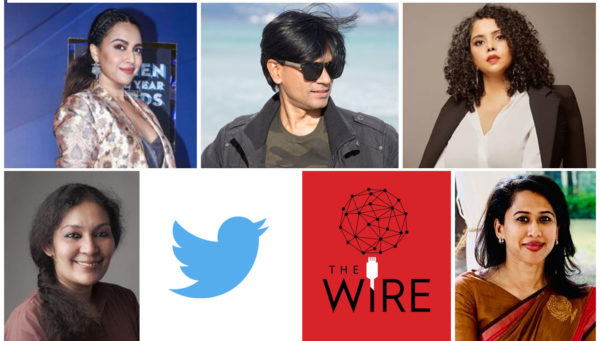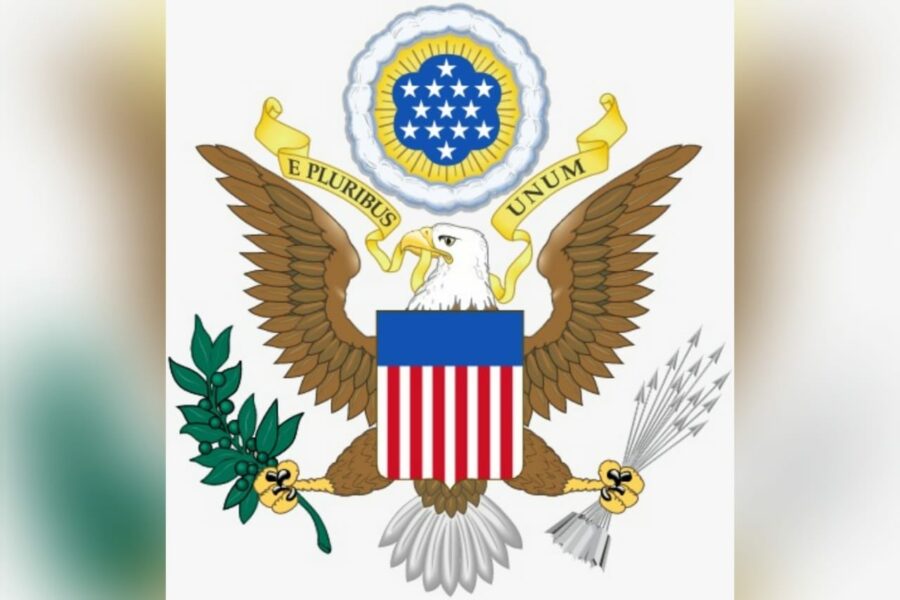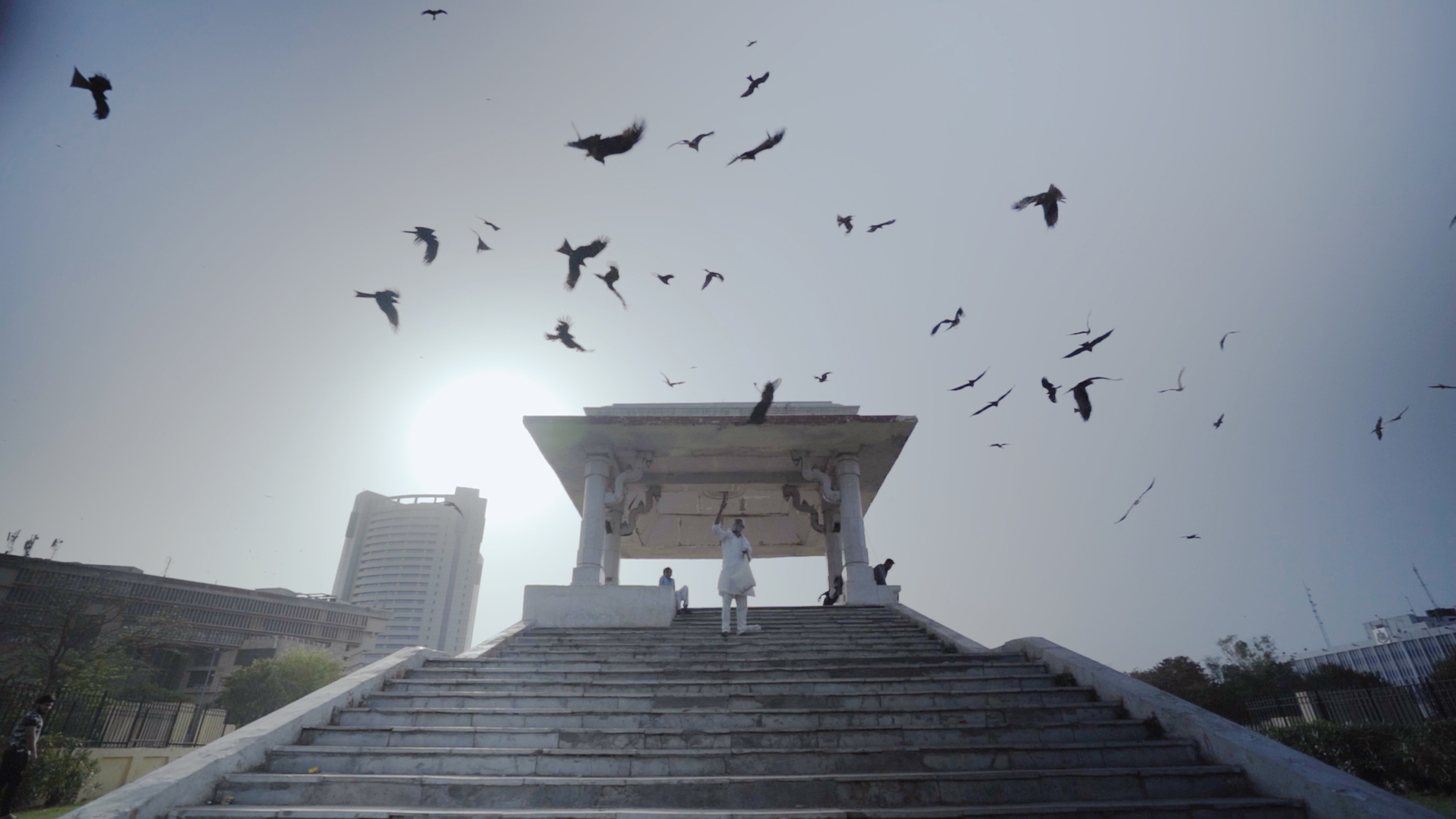The US State Department, in its 2021 Human Rights Report on India, has raised concerns over the state of press freedom in the country as well as other significant human rights issues. The report pointed to the arbitrary arrests of activists and journalists, extra-judicial killings by the government or its agents, curbs on free expression and media, and government harassment of domestic and international human rights organisations, among other issues.
The annual report was released by the US Secretary of State Antony Blinken on Tuesday.
Restrictions on free expression and media, mentioned in the report, included violence, threats of violence, or unjustified arrests or prosecutions against journalists, use of criminal libel laws to prosecute social media speech and restrictions on internet freedom.
The report mentioned the 16 activists, journalists, and scholars, who were arrested in connection to the Elgar Parishad-Bhima Koregaon case, many of whom are still in jail without trial and have been denied bail multiple times. One of the accused in the case, 84-year-old Father Stan Swamy, died in July last year after suffering a cardiac arrest, while in custody.
The report pointed to several other arbitrary arrests and detentions by government authorities, and the unlawful interference with privacy as evidenced by the Pegasus spyware scandal. It also mentioned the lack of investigation into and accountability for discrimination and violence targeting minorities and vulnerable groups based on religion, social status, sexual orientation and gender.
Further, the report flagged the torture and cruel, inhuman, or degrading treatment by police and prison officials and the harsh and life-threatening prison conditions.

The report also mentioned the situation in the Kashmir valley, northeastern states, and Maoist terrorism-affected areas, where serious abuses, including killings and torture of armed forces, police, government officials, and civilians, kidnapping, and recruitment and use of child soldiers are committed. It mentioned the police summons issued to journalists Naseer Ganai and Haroon Nabi to appear before the police for reporting on a statement by the Jammu Kashmir Liberation Front.
According to the Jammu Kashmir Coalition of Civil Society, at least six journalists were assaulted, detained, or questioned by police through August in the valley. As per the report, in 2020, the government introduced a new media regulation in the valley to empower local administration to determine “fake and antinational news” and to initiate criminal charges against journalists. The Kashmir Press Club protested the policy and alleged that the government was institutionalizing intimidation by exploiting the policy against media platforms critical of the government.

Referring to freedom of expression in India, the report also cited media watchdogs such as HRW, CPJ, Reporters without Borders, on how the Indian government “increasingly harassed, arrested, and prosecuted rights defenders, activists, journalists, students, academics, and others critical of the government or its policies.”
The report has further cited details of several cases where freedom of speech was curbed by the arbitrary detention of journalists, activists, and others. This includes the arrest of stand-up comedian Munawar Faruqui along with four others by the Madhya Pradesh Police, for allegedly offending the religious sentiments of Hindus with jokes, and that of social activist Erendro Leichombam, for a Facebook post criticising a BJP leader.
The report also mentions the several arrests and FIRs in relation to the year-long farmers’ protest in 2021, including against sitting MP Shashi Tharoor, journalists Rajdeep Sardesai, Paresh Nath, Vinod K Jose, and 21-year-old climate activist Disha Ravi, as well as the government order to Twitter to block accounts of journalists reporting on the same.

The report also mentioned the harassment and rape threats faced by women journalists in the country like Rana Ayyub and Scroll.in executive editor Supriya Sharma for publishing articles critical of the government’s handling of the pandemic.
Another case mentioned in the report is the complaint filed against journalists Ayyub, Saba Naqvi, Mohammad Zubair, Twitter, the news publication The Wire, and others, for reporting on the communal violence against an elderly Muslim man.
Recommended
The report also pointed out the challenges filed by several human rights advocates and journalists against the controversial new IT Rules 2021 issued by the government.
Soon after the report was published, India’s Foreign Minister S Jaishankar shot back stating that while other countries are entitled to their views about India’s policies, New Delhi is “equally entitled to have views about their views and about the interests, and the lobbies and the vote banks which drive that.” He further cited a recent hate attack on two Sikh men in New York as an example of the human rights issues in the US.



